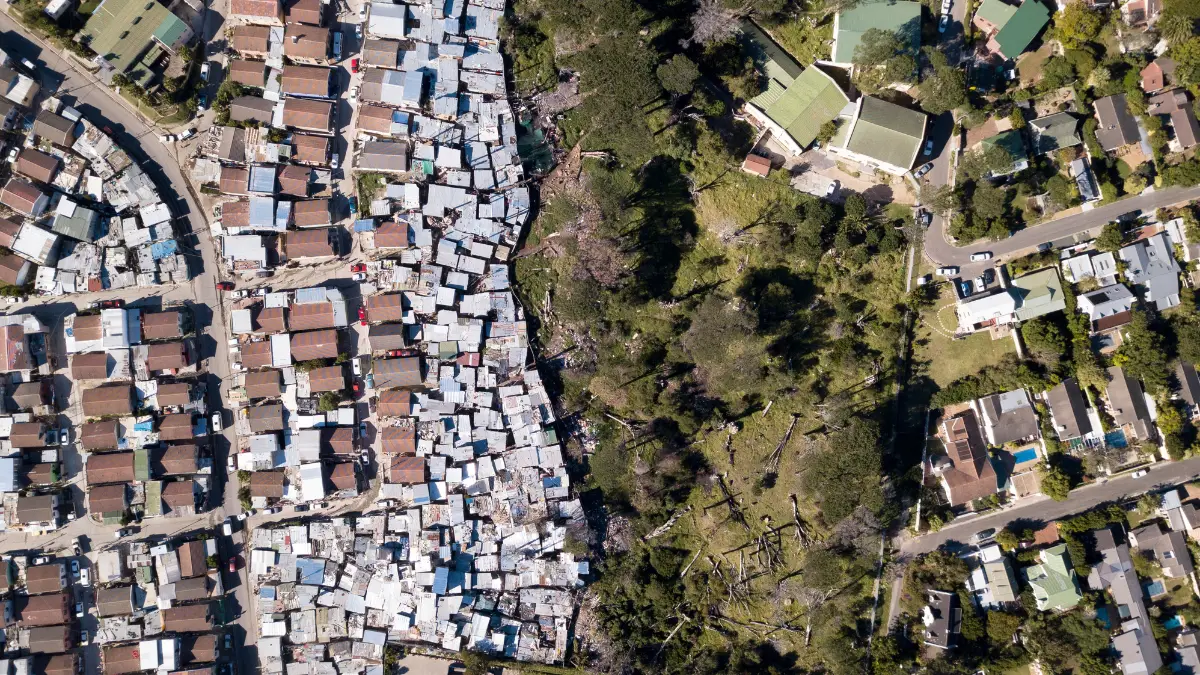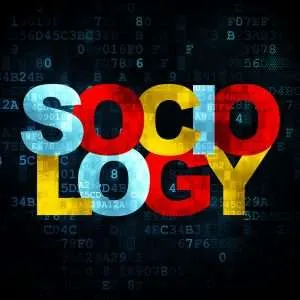Editorial Note
Thank you to our generous sponsors, Sociologists for Women in Society, Center for Equity Education, American Sociological Association’s Section on Sociological Practice & Public Sociology, Hartman Castle Preservation Corporation, Island Acres Resort Motel, Alpha Kappa Delta, Pacific Sociological Association, and the Association for Applied & Clinical Sociology for helping us make Applied Worldwide’s 2024 “Why is Sociology Important?” student essay competition a success!
This essay on the importance of sociology has been published on behalf of Applied Worldwide’s 2024 Global Student Essay Competition. For the 2024 competition, we awarded 16 student essayists across six countries and will be sharing each winning essay in our “Why is Sociology Important?” essay collection.
This sociology essay was written by Ciara Garvie, a 12th year sociology student at Twyford Church of England High School in the UK and earned a 3rd place prize in the competition.
Sociology and Global Issues: Racism, Poverty, Gender Inequality, and Technology, Ciara Garvie
Sociology is important as it is far more than a subject which is simply confined to academic books and classrooms. Instead, it provides a lens through which we can analyse the intricate details and workings of the society we live in. Sociology provides us with a valuable understanding of human behaviours and helps us make sense of the diverse perspectives, beliefs and values that coexist in contemporary society. It equips individuals with knowledge to help navigate through complex social issues, which is particularly important in the world we live in today as it is constantly changing and evolving. Sociology empowers us to engage in meaningful discussions and to identify societal inequalities and then advocate for change against these inequalities. It plays a vital role in the solution of international problems. This essay will address the global issues of racism, poverty, gender inequality and the advancements in technology.
Sociology and Fighting Racism
A major ongoing sociological issue is ethnicity and culture. Despite leader’s best efforts to minimise racism it is still a big issue across the globe today. Sociology provides critical insight and perspective into this problem and tries to find a solution (MacGregor, 2023). Many individuals face backlash and injustice throughout their lives simply because of who they are. Racism has an important role in sociological research as it investigates the way that people view each other based on their ethnicity and cultures. I spent 5 years of my childhood living in South Africa—a place that is extremely affected by racism and inequality.
Apartheid was a major issue in South Africa for much of the latter half of the 20th century. Apartheid refers to the implementation and maintenance of a system of legalized racial segregation in which one racial group is deprived of political and civil rights (Legal Information Institute, 2022). It is now considered a blatant and horrific crime against humanity. However, it was largely practiced in south Africa at this time. By 1950, the government had banned marriages between whites and people of other races and prohibited sexual relations between black and white South Africans. Resistance to apartheid within South Africa took many forms over the years, from non-violent demonstrations, protests and strikes to political action and eventually to armed resistance (History.com, 2020).
One of the main leaders of this opposition to apartheid was Nelson Mandela. Due to his protests against apartheid, he was imprisoned. Over his 27 years of imprisonment, Mandela became the world’s best-known political prisoner. His words were banned in South Africa, but he was already the country’s most famous man. In 1990 Mandela was released from prison and became the first black president of South Africa in 1994. Mandela left a mark for life influencing many around the world. During a lifetime of resistance, imprisonment, and leadership, Nelson Mandela led South Africa out of apartheid and into an era of reconciliation and majority rule (Blakemore, 2020). Some of Mandela famous words are “remember hope is a powerful weapon even when all else is lost.”
Through my time in South Africa, I came to see that while apartheid was abolished in 1990 there are still major inequalities across the country. More emphasis has been put on black people’s human rights however it is evident that there are still many people living in poverty and discriminated against with less opportunities. There are approximately 11.6 million people still living in townships across South Africa (Blakely, 2023). This extraordinary number is an example of just how far we still must go in achieving justice and equality across the globe. Sociology is an essential tool in reaching this equality. Through sociologists detailed research, solutions to help combat this inequality can be drawn up and discussed globally. Sociology enriches our understanding of the world around us and provides valuable insight into how we can work towards creating a fairer society for all and the generations to come (Kushwah, 2023).
Sociology and Eradicating Poverty
Furthermore, poverty is a widespread global issue that is experienced across the globe and therefore one that sociologists want to investigate and find a solution for. It’s estimated that around 9.2% of the world are living in poverty (719 million people) (World Bank, 2023). Sociology is in integral part in understanding why poverty arises and what can be done to help and reduce poverty. Sociologists investigate the causes and consequences of poverty and highlight them to authorities. Through this sociological research the authorities and leaders of the world can discuss and develop ways to combat poverty and help those who are suffering.
Sociology and Combating Gender Inequality
In addition to this, another sociological issue is gender inequality. While this has reduced over recent years and women now have more opportunities it is still an ongoing issue. This is evident through the gender pay gap that still exists and the stereotypes that are ongoing that women are inferior to men. According to the Office of National Statistics in the UK “men now on average earn 17.9% more than women per hour” and this is a common trend around the world (Jones, 2019). Society allows unfair treatment of people based in their gender.
This is a major concern and problem as it keeps women at a disadvantage compared to men. The lack of high paying jobs, worse health care and previous underachievement in education leaves women at a disadvantage (Study Smarter). This leads to men having a better quality of life than women and it is unfair treatment. Sociology is important in relation to gender inequality as it looks for the reasons for this inequality between men and women and finds possible solutions. Without sociologists doing this research the reasons for things such as gender equality and poverty would not get as much attention and therefore the issues remain around the world.
Sociology and Understanding Technology
Moreover, the impact of technology on society is also a major concern for all of society. Through the increased use of technology in the modern worlds our lives are changing from day to day, much more quickly than in previous years. Sociology helps us to understand how technology impacts society and examine the social implications of new technologies. The advances in technology have had a significant impact on society, it has changed the way we communicate, interact and even form relationships. Technology has positive and negative effects on society, and it continues to shape our social dynamic in various ways. Through studying the relationship between technology and society we can make informed decisions and shape the future of technology in a positive way rather than a negative one.
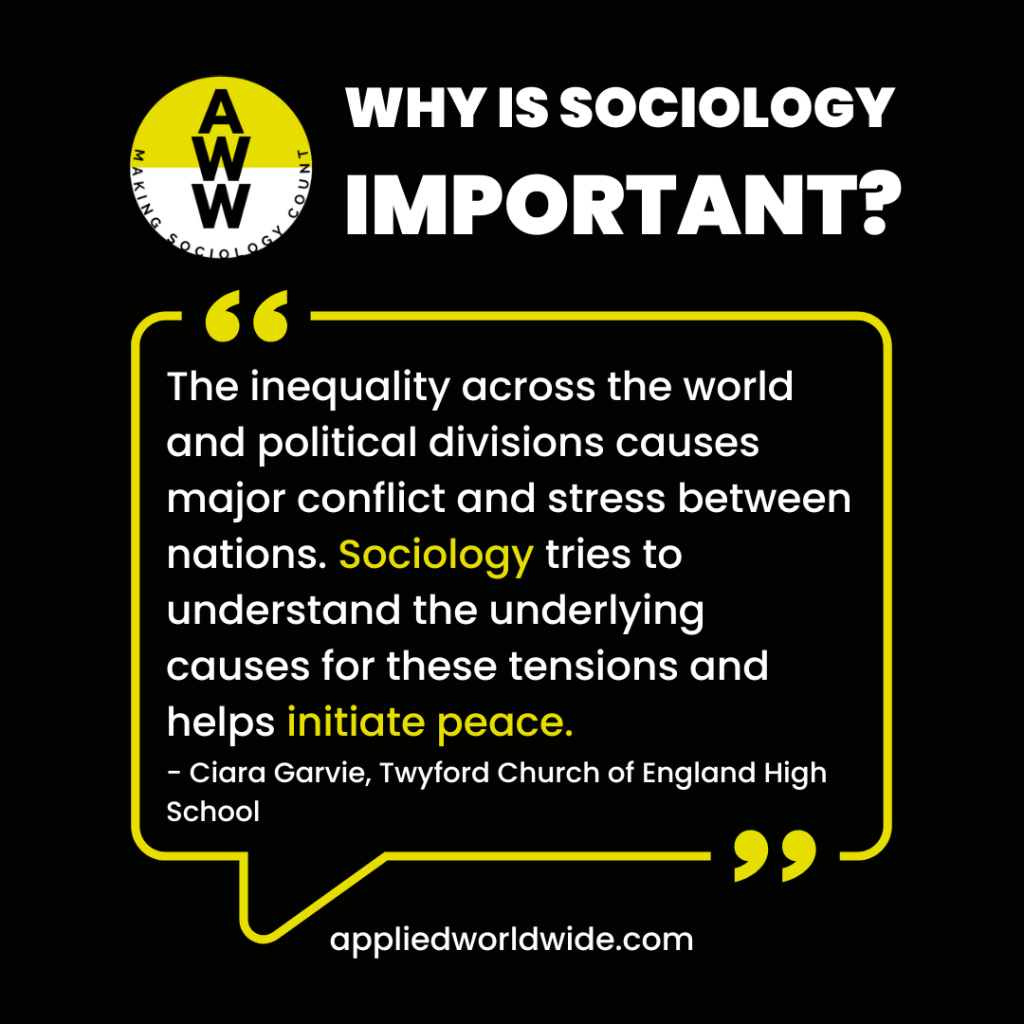
Overall, I believe that sociology is extremely important as it benefits society as a whole by drawing attention to the injustices across the word, the reasons for these injustices, as well as the consequences and ways to overcome and improve the world we live in for all. The inequality across the world and political divisions causes major conflict and stress between nations. Sociology tries to understand the underlying causes for these tensions and helps initiate peace. Without sociology people would only see the world through a very narrow lens and through their limited experience of a small circle of family, friends, and co-workers. We would have a limited understanding of how society works. Sociology allows and helps us make sense of the whole world we live in and view it through a wider lens, rather than just a small part of it. This helps us work towards a better and more fair and equal future.
Bibliography
- Blakely, S. (2023) Townships of South Africa – History, Location & Tourism. Available at: https://study.com/academy/lesson/south-african-townships-overview-history-locations.html#:~:text=Some%20townships%20are%20informal%20settlements,available%20to%20describe%20these%20communities. (Accessed: 2 May 2024).
- Blakemore, E. (2020) How Nelson Mandela fought apartheid – and why his work is not complete. Available at: https://www.nationalgeographic.com/history/article/nelson-mandela-fought-apartheid-work-not-complete. (Accessed: 2 May 2024).
- Jones, L. (2019) Women’s progression in the workplace. London: Global Institute for Women’s Leadership.
- History.com. (2020) Apartheid. Available at: https://www.history.com/topics/africa/apartheid (Accessed: 2 May 2024).
- Kushwah, V. (2023) Embracing Sociology in our Daily Lives. Available at: https://www.linkedin.com/pulse/embracing-sociology-our-daily-lives-vishal-kushwah. (Accessed: 2 May 2024).
- Legal Information Institute. (2022) Apartheid. Available at: https://www.law.cornell.edu/wex/apartheid (Accessed: 2 May 2024).
- MacGregor, K. (2023) What is Sociology? Available at: https://www.northcentralcollege.edu/news/2023/07/17/what-sociology (Accessed: 2 May 2024).
- Study Smarter. Gender Inequality. Available at: https://www.studysmarter.co.uk/explanations/social-studies/stratification-and-differentiation/gender-inequality/#:~:text=The%20lack%20of%20high%2Dpaying,limiting%20women’s %20quality%20of%20life. (Accessed: 2 May 2024).
- World Bank. (2023) Measuring Poverty. Available at: https://www.worldbank.org/en/topic/measuringpoverty. (Accessed: 2 May 2024).
Meet our 2024 Global Student Essay Competition Sponsors!
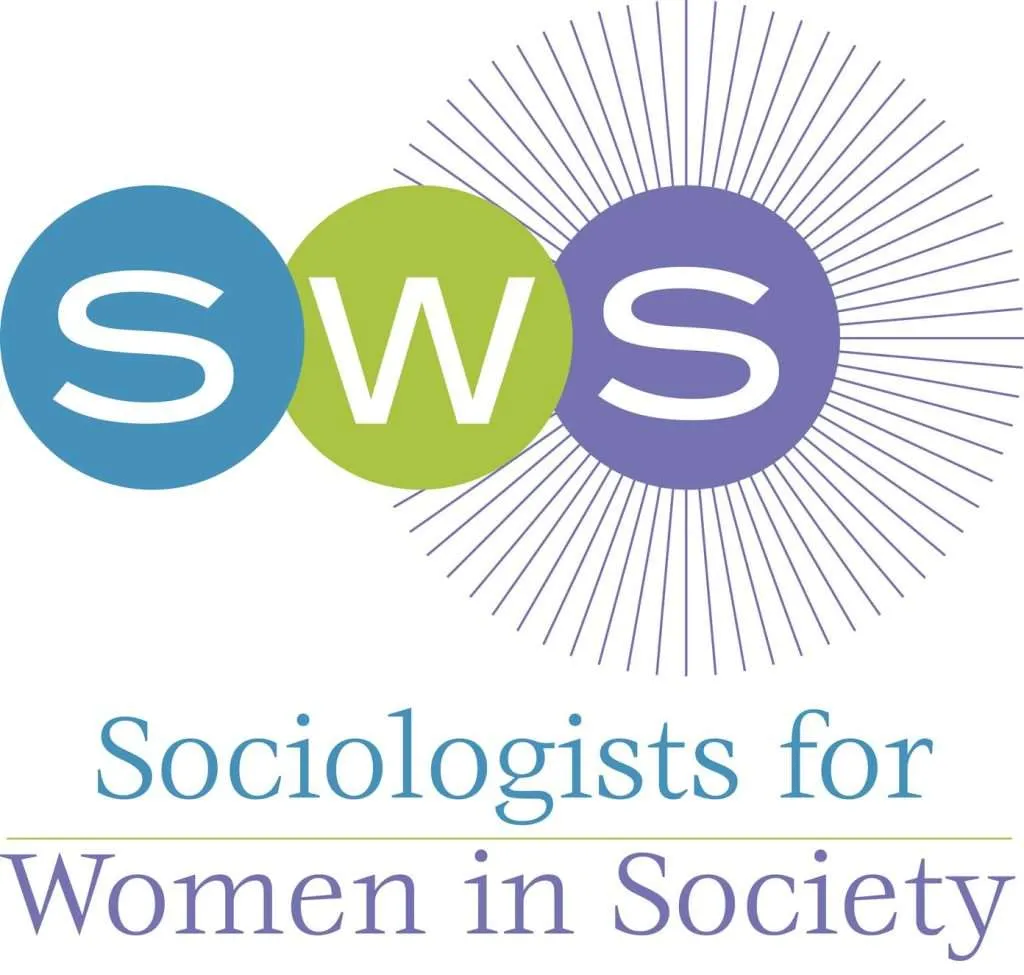
Sociologists for Women in Society is a nonprofit professional feminist organization dedicated to:
- Transforming the academy and professional organizations, including our own, by actively supporting feminist leadership and advancing career development of feminist scholars.
- Recognizing that structural inequalities impact those marginalized by their identities and that this requires proactively promoting the creation of inclusive institutional spaces in an ongoing manner and by practicing critical reflexivity.
- Advocating and encouraging the development of sociological feminist theory rooted in intersectionality and cutting-edge research for publication and dissemination.
- Promoting social justice research within local, national, and international activist spaces by supporting scholar-activist communities seeking to dismantle intersecting systems of oppression.

The Center for Equity Education (CFEE), established in 2020 as a 501(c)(3) nonprofit, addresses a gap in expert-led education for organizations, especially those with limited resources. At CFEE, our mission revolves around empowering organizations with comprehensive knowledge on federal and state civil rights, specializing in harassment and discrimination, including sexual harassment.

Hartman Castle Preservation Corporation, a 501c3 non-profit, is a A community grassroots movement formed to purchase and preserve the Hartman Castle in Gunnison, CO
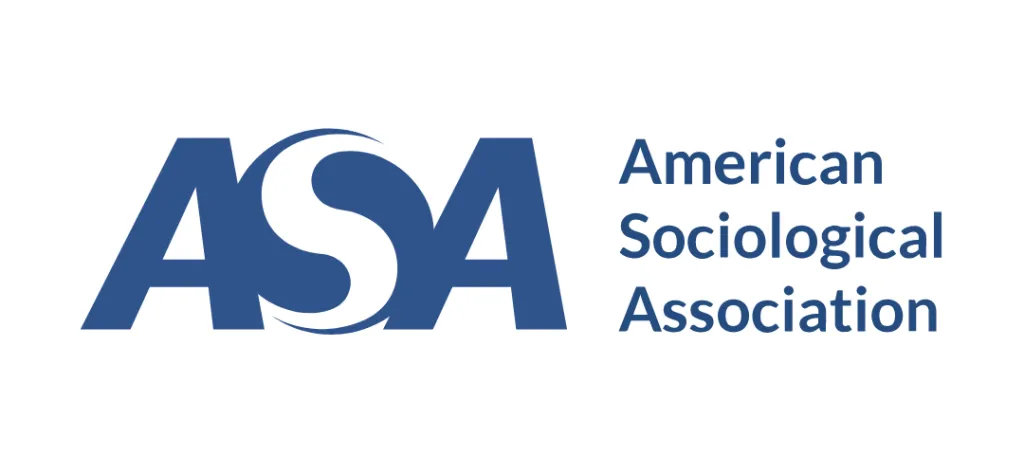
The purpose of the American Sociological Association’s Section on Sociological Practice and Public Sociology is to advance sociologically-informed research and practice, to further public discussion of sociological issues, and to promote the use of sociology to inform public policy.

Island Acres Resort Motel is a restored authentic 1950s lodging property in the style of the tourist court motel. Embracing the appeal of a bygone era, where history blends with hospitality.
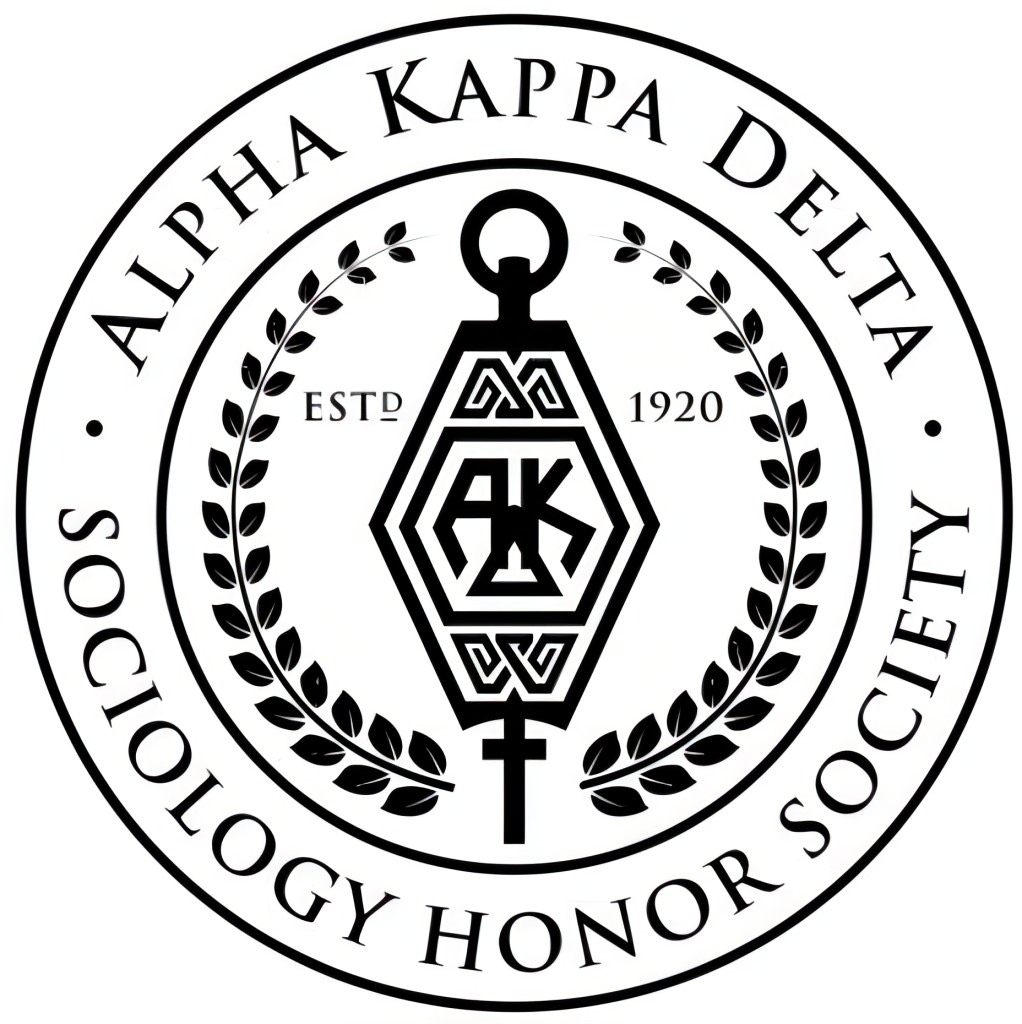
Alpha Kappa Delta, the International Sociology Honor Society, seeks to acknowledge and promote excellence in the scholarship in the study of social problems, sociology, and intellectual activities that lead to the improvement in the human condition.
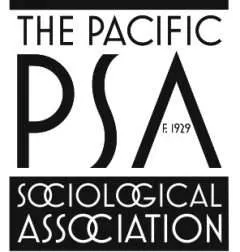
The Pacific Sociological Association is committed to serving sociologists, faculty, applied professionals, and students. We strive to create a professional community that reflects the diversity of our region and enhances the diversity of our discipline. We are committed to inclusivity and equity in our organization, to promoting social justice by examining and challenging the structural and institutional barriers in our discipline, and to building pathways for the next generation of sociologists.

The Association for Applied and Clinical Sociology (AACS) promotes applying social scientific knowledge and methods to develop constructive solutions. We provide educational, programmatic, mentoring, networking, and policy resources in a supportive professional community.

